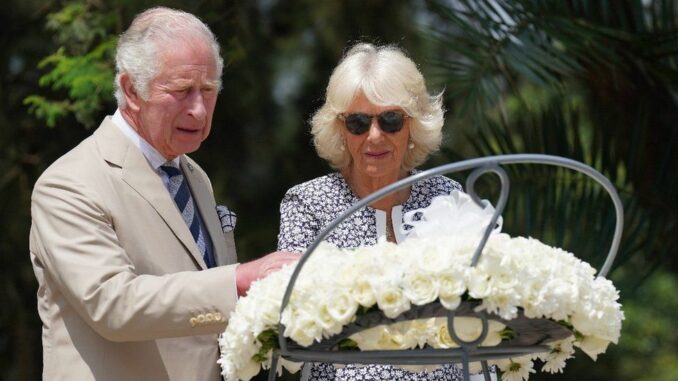
The 56 Commonwealth nations agreed on Saturday October 26 in Samoa that “the time has come” to discuss “restorative justice” for Britain’s colonial past, following intense discussions on the legacy of slavery. The Commonwealth’s final statement acknowledges calls for “restorative justice” regarding the “odious” slave trade, and calls for an “honest and respectful conversation.”
The Commonwealth, originally formed from the UK and its former colonies, now includes countries like Togo and Gabon, which were once French territories. Many African, Caribbean, and Pacific nations are seeking financial reparations or political acknowledgment for the harm caused by slavery, a practice that forcibly brought up to 15 million Africans to the Americas over four centuries.
The UK government resisted any discussion on financial reparations during the summit, with British Prime Minister Keir Starmer stating that “none of the discussions have been about money” and describing the talks as “very positive.” Meanwhile, King Charles III, present at the summit, urged participants to “reject the language of division,” stopping short of issuing an apology and emphasizing a commitment to “learning from the past.”
In the final announcement, Ghana’s Foreign Minister Shirley Ayorkor Botchwey was appointed as the Commonwealth’s new Secretary-General. A seasoned diplomat, Botchwey has supported initiatives such as a Commonwealth free trade agreement and expressed backing for historical reparations.
